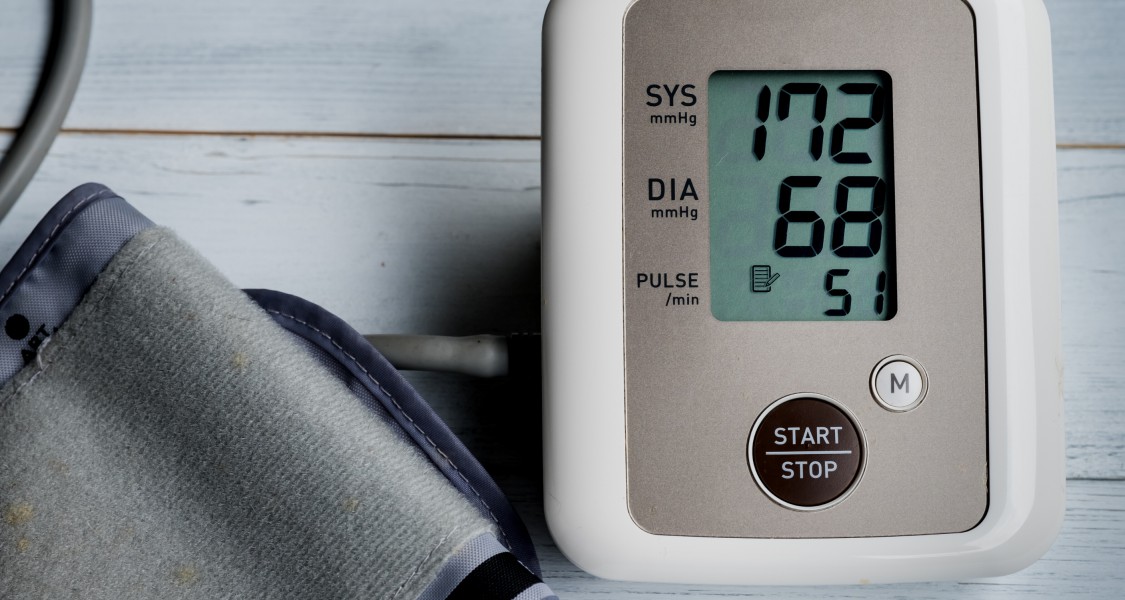 x
x
Hypertension, also known as high blood pressure, is a common condition in which the force of blood against the walls of the arteries is consistently too high. Blood pressure is measured in two numbers, with systolic pressure (the top number) indicating the force of blood against the artery walls when the heart beats and diastolic pressure (the bottom number) indicating the force against the artery walls when the heart is at rest.
Hypertension is classified as "primary," meaning that it has no underlying medical cause, or "secondary," meaning that an underlying condition causes it. Common underlying conditions leading to secondary hypertension include kidney disease, sleep apnea, and certain medications, such as birth control pills or over-the-counter cold remedies.
The exact causes of primary hypertension are not well understood. Risk factors include obesity, a diet high in salt and processed foods, a sedentary lifestyle, smoking, and excessive alcohol consumption. A family history of hypertension also increases the risk of developing the condition.
Hypertension is a severe condition that can lead to several health problems if left untreated. These include heart disease, stroke, kidney disease, and aneurysms. To diagnose hypertension, a healthcare provider will take a person's blood pressure using a sphygmomanometer and may also perform tests such as urine tests and blood tests to check for underlying conditions.
Treatment of hypertension typically begins with lifestyle changes, such as eating a healthy diet, losing weight if necessary, and increasing physical activity. Cutting down on salt and processed foods, quitting smoking, and limiting alcohol consumption can also help to lower blood pressure. Medications known as ACE inhibitors, beta-blockers, and diuretics may be prescribed if lifestyle changes alone are not enough to lower blood pressure to a healthy level.
In addition to medication and lifestyle changes, several other methods can help prevent hypertension or lower high blood pressure. These include:
Stress management: Stress is a significant risk factor for hypertension and can cause blood pressure to spike. Meditation, yoga, and deep breathing can help reduce stress and lower blood pressure.
Getting enough sleep: Lack of sleep can also raise blood pressure. Aiming for 7 to 8 hours of sleep per night and keeping a regular sleep schedule can help to lower blood pressure.
Potassium-rich diet: eating foods rich in potassium, like bananas, sweet potatoes, and spinach, may help to lower blood pressure.
Regular exercise: Regular physical activity is essential for overall health and can help to lower blood pressure. Aim for at least 30 minutes of moderate-intensity exercise, such as brisk walking, most days of the week.
Hypertension is a severe condition that requires ongoing management and monitoring. However, with proper treatment, many people can control their blood pressure and lower their risk of complications. By making lifestyle changes, adopting healthy habits, and working closely with a healthcare provider, individuals can take control of their hypertension and lead healthy, fulfilling lives.
ns 15.158.61.16da2





















